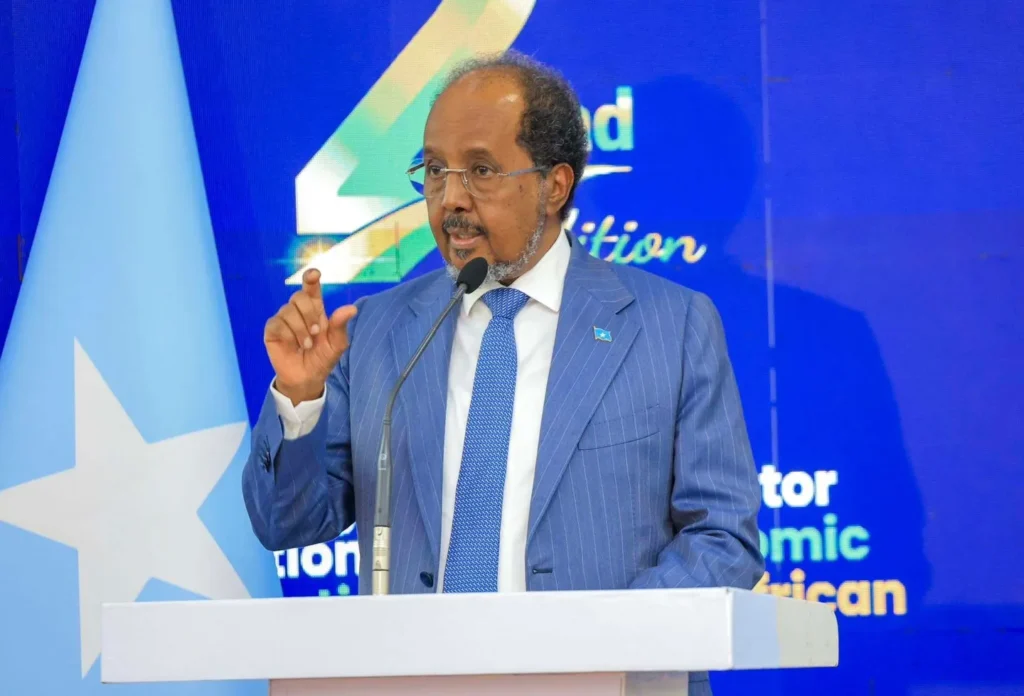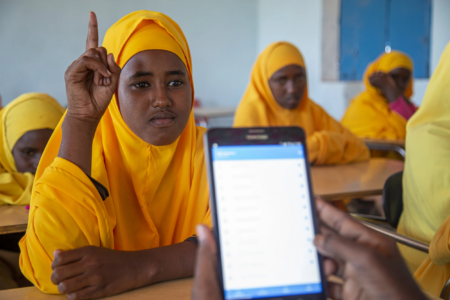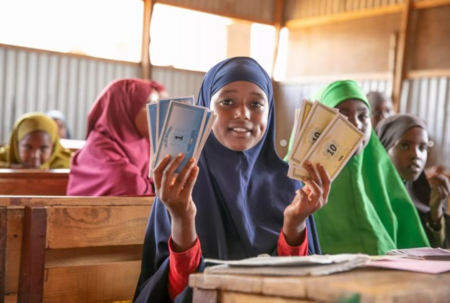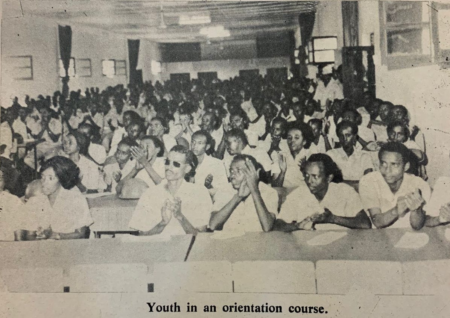The Somali government has unveiled plans to accelerate the adoption of Swahili language in its national education curriculum, aiming to strengthen cultural and economic ties within the East African Community (EAC).
What is the Swahili Language?
Swahili, one of Africa’s most widely spoken languages and East Africa’s lingua franca, will soon become a working and instructional language in Somali schools and universities — alongside Somali, Arabic, and English.
Spoken by over 200 million people across East and Central Africa, Swahili holds official status in both the African Union and the EAC.
Its inclusion in Somalia’s curriculum underscores a vision for deeper cultural, linguistic, and economic integration within the region.
President Mohamud: “Swahili Is the Language of Regional Unity”
During the opening ceremony of the Second East African Cooperation and Economic Integration Conference (EACON 2025) in Mogadishu, President Hassan Sheikh Mohamud urged higher learning institutions to take the lead in promoting Swahili language.
President Hassan Sheikh Mohamud stated that “The Somali National University, beside all other Somali higher education institutions, should assume a leading role in advancing the use of Swahili — the unified language of East African region.”
The president described Somalia’s growing participation in regional forums as a sign of its “renewed confidence and leadership role” within East Africa.
Education Ministry to Develop a National Swahili Teaching Framework
Minister of Education Farah Sheikh Abdulkadir announced that the government is collaborating with regional institutions to create a national framework for Swahili language education.
“We aim to make Swahili a language of communication, trade, and learning — and even replace English during our next conference,” the minister stated.
He added that the newly established National Higher Education Board will coordinate efforts with the East African Universities Association and the East African Qualifications Framework to ensure effective rollout across Somali schools and universities.
Strengthening Regional Ties and Economic Cooperation
President Mohamud emphasized that Somalia’s membership in the EAC is already fostering growth through cross-border trade, regional investment, and professional exchange.
He urged policymakers, business leaders, and academics to build on this momentum by expanding cooperation beyond commerce to include education and culture.
He further remarked that “Mogadishu has long stood as a hub of commerce and connectivity.
Hosting this conference underscores Somalia’s steadfast commitment to foster regional integration, promote peace, and contribute to East Africa’s collective prosperity.”
Background: Somalia’s Growing Role in the East African Community
Somalia became the eighth member of the East African Community in 2024, joining Kenya, Tanzania, Uganda, Rwanda, Burundi, South Sudan, and the Democratic Republic of Congo (DRC).
The government’s push to integrate Swahili language into education marks a symbolic and strategic step toward aligning Somalia’s development with its regional partners and enhancing its role in East Africa’s cultural and economic landscape.








